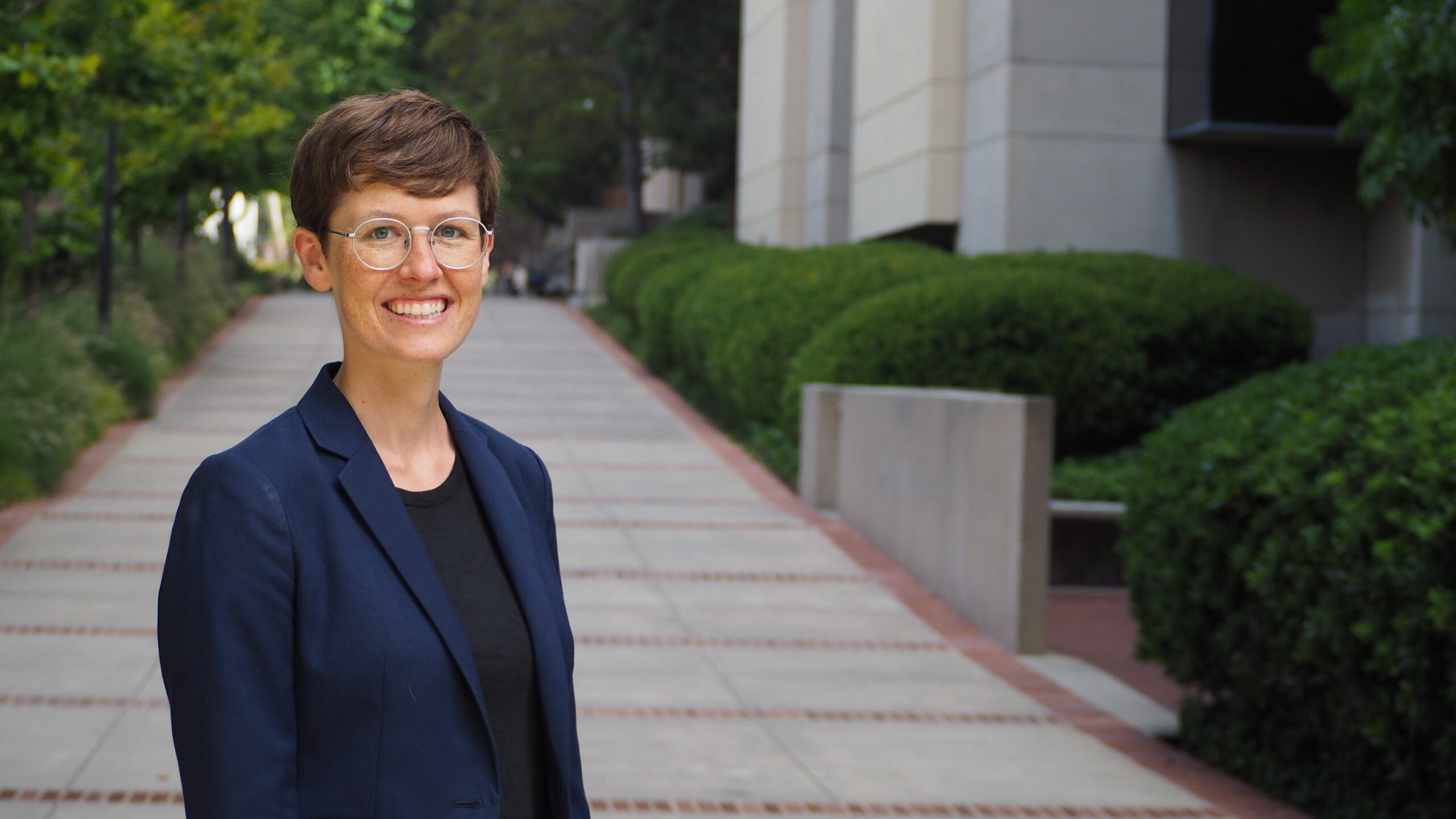
Heat Extremes in a Warming World
Prof. Karen McKinnon
University of California, Los Angeles
Monday September 18, 2023, 2 PM ET
Abstract:
One of the clearest symptoms of climate change is an increase in summertime heat extremes. Conceptually, changes in heat extremes could result from a “rigid shift” of the daily temperature distribution, and/or could indicate more complex changes in the shape of the distribution. Using historical station data and a quantile regression framework, we show that the historical trends in summertime daily temperatures across the Northern Hemisphere midlatitudes are primarily explained by a “shift”, indicating that hot summer days are not generally warming more than the average. By leveraging a large ensemble of climate model simulations, we demonstrate that even very extreme events like the 2021 Pacific Northwest heatwave do not necessarily indicate amplified warming of hot summer temperatures, and can be reproduced in a climate model with low-to-moderate levels of warming. The lack of clear observational evidence for amplified summer temperature extremes could be due to either a lack of signal or an inability to detect the signal in our short records. Notably, CMIP models do tend to simulate amplified warming of hot extremes in the future, highlighting the importance of understanding the physical mechanisms that modulate changes in summertime temperature variability. A likely control on changes in temperature variability is the land surface, which can influence the partitioning of incoming heat between warming and moistening. Using an idealized land model coupled to a fully complex atmospheric model, we are exploring the impact of different land surface properties on summertime temperature variability. We find that a uniform change in a single property, evaporative resistance, causes nonuniform changes (in magnitude and direction) in summertime temperature variance that can be explained from a surface energy balance perspective due to both local and remote effects of altering surface evaporation. Quantifying and understanding the relative importance of atmospheric versus land surface controls on changes in summertime temperature extremes is critical as we prepare for a warmer world.
Biosketch:
Karen McKinnon is a professor of Statistics and the Environment at the University of California, Los Angeles. Her research sits at the nexus of climate change and statistics, and is aimed at improving our understanding and prediction of climate extremes, variability, and change. She is a 2023 Kavli Fellow, a 2021 Packard Fellow in Science and Engineering, and has served as an advisor for both city governments and private companies regarding climate change. Prof. McKinnon received her B.A., M.A., and Ph.D. from Harvard University, as well as an M.Sc. from Victoria University of Wellington. She was an Advanced Study Program post-doc at the National Center for Atmospheric Research and an Applied Scientist at Descartes Labs before joining UCLA.
Webinar:
Event site: https://go.umd.edu/mckinnon
Zoom Webinar: https://go.umd.edu/mckinnonwebinar
Zoom Meeting ID: 965 2332 8206
Zoom password: essic
US Toll: +13017158592
Global call-in numbers: https://umd.zoom.us/u/aMElEpvNu
For IT assistance:
Cazzy Medley: cazzy@umd.edu
Resources:
Seminar schedule & archive: https://go.umd.edu/essicseminar
Seminar Google calendar: https://go.umd.edu/essicseminarcalendar
Seminar recordings on Youtube: https://www.youtube.com/user/ESSICUMD


